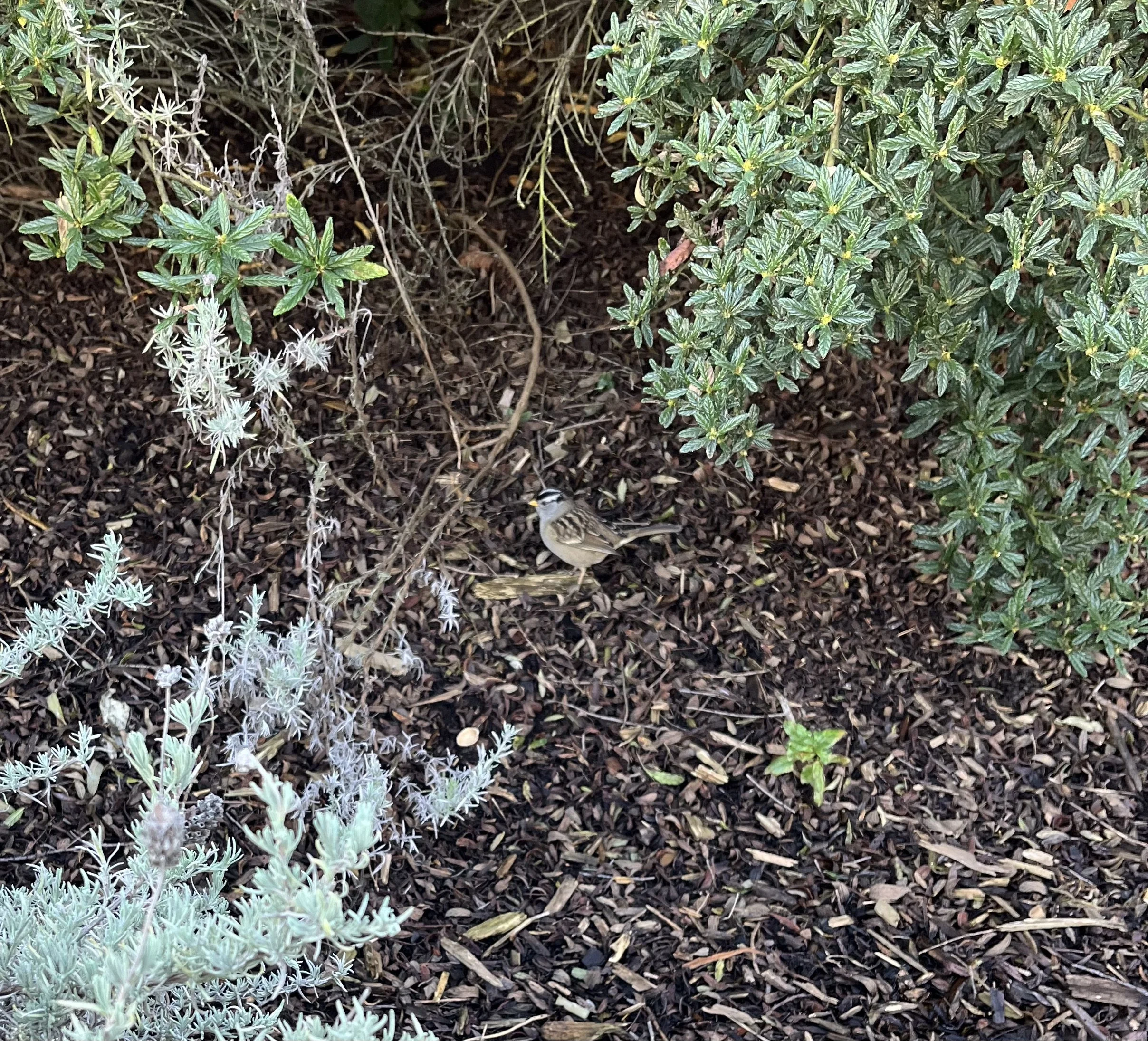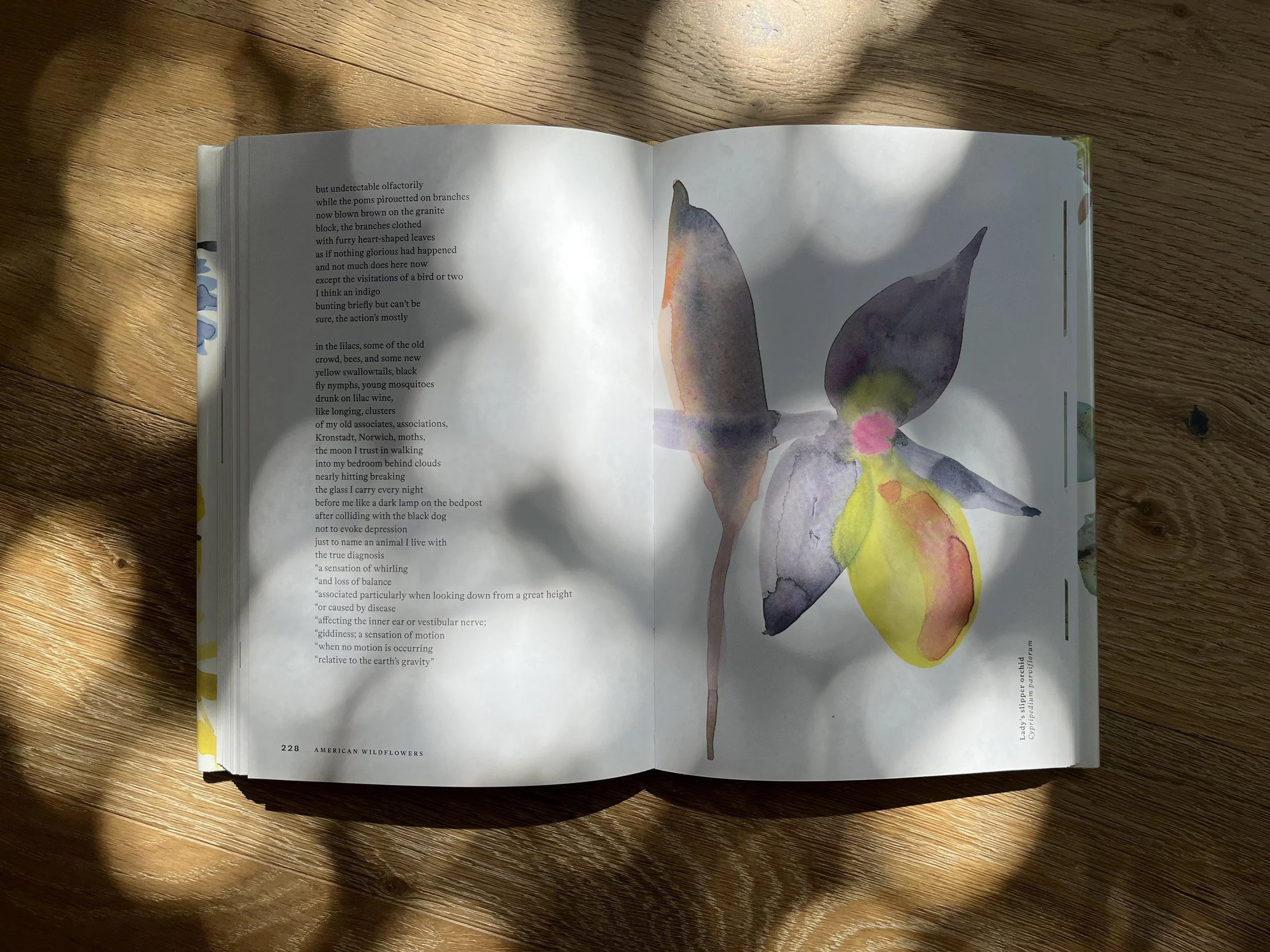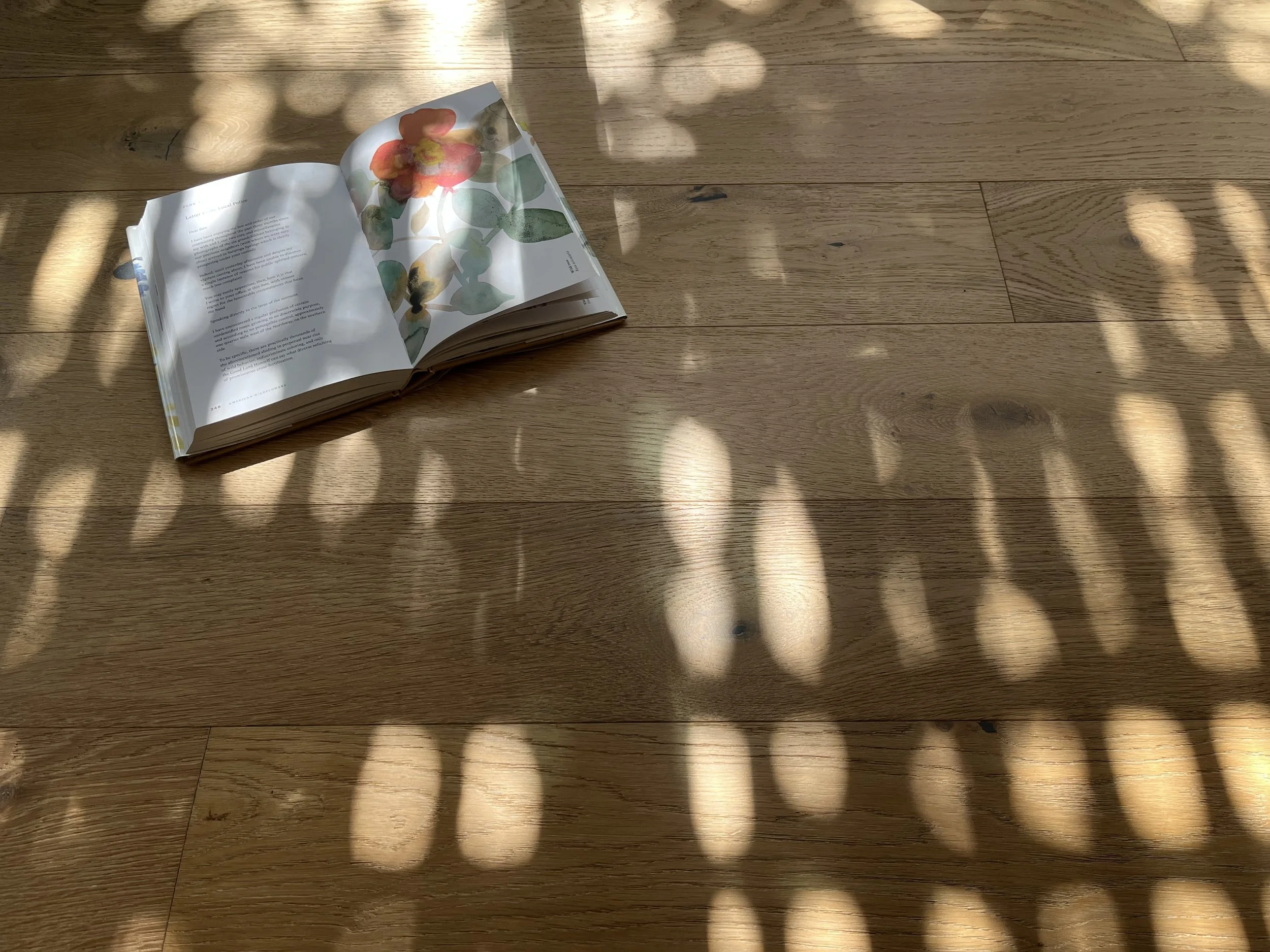MOMA, 2016
I recently found Walton Goggins reading a sleep story on the meditation app on my phone. I hadn’t used the app for a while. I thought I’d found my way without it. But when I had a hard time falling asleep the first night my husband was away, I reached for it.
When I’m sleepy and alone my mind can race and whirl with plans, problems, and worst of all, regrets. This night I was thinking about my dad, who passed away almost a year ago. So many unanswered questions.
At first, getting back into the app and finding a story was more of a hassle than a comfort. It was late. I didn’t want to navigate an “improved” app interface. I didn’t want to make any decisions. I just wanted to sleep.
I have found the voice reading a sleep story is what makes or breaks it. I used to listen to a Matthew McConaughey sleep story, but I didn’t want to go back to him. I was too tired to pinpoint why.
Anyway, I stumbled upon Walton reading about a yard sale. His voice was perfect. It had a certain calming vulnerability. My dad couldn’t pass up a yard sale. I knew this was the story for me.
The yard sale was quiet and Walton moved slowly. The story worked. You know a sleep story works when you fall asleep before it ends.
After that first night, I’d start getting ready for bed and thinking, I’ll just fall asleep on my own tonight, I can do it. But then I’d change my mind, press play, and slide my phone under the pillow next to mine and listen to Walton talk about his yard sale.
Returning to sleep stories, as well as books, movies, songs, art, poems, and even places I love has brought me comfort. I don’t like feeling dependent, but having a collection of ways to make yourself feel better when you’re down seems a wise idea. Such collections are very subjective.
It’s not that I don’t appreciate something new—visiting the otherworldly landscape of Joshua Tree, tasting carrot-ginger tea, unexpectedly finding a reading in a bookstore with a new-to-me author. Many new experiences have brought me joy during darker times. But with new experiences you never know what you’re going to get. Sometimes things don’t go so well.
Knowing I can count on the calming outcomes of the things in the collection I’ve built over the years is reassuring. When life feels overwhelming and/or out of alignment in some way I long for these things. They soothe when soothing is required.
The albums Come Away With Me and Feels Like Home by Nora Jones have been quick fixes for me when I’ve had a tough day. I’ve counted on them for many years.
If time allows, and I need a more immersive experience, Ragnar Kjartansson’s video installation The Visitors at SFMOMA has been there for me, and will continue to be until September 28th. Sometimes I’ll find Henri Rousseau’s Sleeping Gypsy online and think back, years back, to how it felt to stand right in front of it at MOMA, looking into the lion’s eye.
There was a time I returned to a movie theater, alone, too many times, to watch Tracks, a film based on the memoir by Robyn Davidson. I don’t recall exactly what was going on in my life at the time, but this movie seemed to offer something I needed. Adam Driver was charming. Mia Wasikowska was captivating.
Returning to books like Tove Jansson’s Fair Play and Michael Ondaatje’s Running in the Family have lightened the mood when life has gotten too serious. Virginia Woolf’s To the Lighthouse has slowed everything down and brought me to another place and time when the modern world feels like it’s moving too fast.
The poem “Oranges and the Ocean” by Ada Limón, and the film All the Light in the Sky, starring Jane Adams, are perfect when insecurity strikes. They both remind me to appreciate being myself.
Walking in the fresh air is another go-to. There’s a park here in San Francisco that I visit often. It’s high up on a hill, and if you find the right bench you can sit down and look out at the bay. Being there helps me put things in perspective. When I lived in Chicago I always headed straight to the lakefront for solace. Lake Michigan is so large it feels like an ocean. I’m happy to have been born beside it and will always carry it with me.
The book Cold Enough For Snow by Jessica Au and the film Perfect Days by Wim Wenders are newer additions. They are gentle and quiet.
There is more. And I haven’t even mentioned food. Or animals. Another time.
I don’t know if I’m ready to add Walton’s reading of Allie Kokesh’s “The Yard Sale” to my collection yet, but it did work those few nights I needed it. I’ll think about it.
I hope you have a collection of things that comfort you. They’re also nice to dip into when things are going well, which I hope they are.



